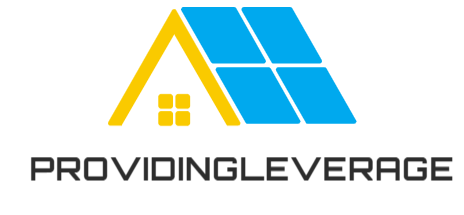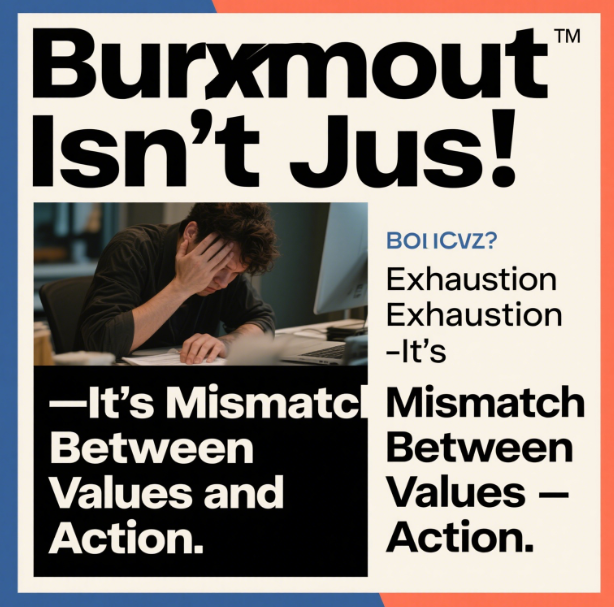Burnout has become a pervasive shadow in modern life, often dismissed as mere physical and mental exhaustion. However, it’s a far more complex and insidious beast. At its core, burnout isn’t just about being tired; it’s a profound mismatch between the values we hold dear and the actions we take day in and day out.
In a world that often glorifies busyness, we find ourselves caught in a relentless cycle of activity. We fill our schedules with tasks, deadlines, and obligations, believing that this constant motion is the path to success and fulfillment. But as we rush from one thing to the next, we may not stop to ask ourselves if what we’re doing truly aligns with our deepest values.
Our values are the compass that should guide our lives. They represent what we consider important, meaningful, and worthy of our time and energy. Whether it’s family, creativity, integrity, or making a positive impact on the world, these values give our lives purpose. When our daily actions are in harmony with them, we experience a sense of satisfaction, contentment, and inner peace.
Conversely, when there’s a disconnect between our values and our actions, the seeds of burnout are sown. Imagine someone who values work – life balance and spending quality time with loved ones but finds themselves stuck in a high – pressure job that demands long hours and constant availability. Despite their best intentions, they’re unable to make time for the things that matter most to them. This constant conflict creates a sense of frustration, resentment, and ultimately, a deep – seated fatigue that goes far beyond physical tiredness.
Another example could be an individual who prides themselves on their creativity and innovation but is trapped in a rigid, bureaucratic work environment that stifles any form of original thought. Every day, they’re forced to conform to a set of rules and procedures that go against their creative nature. Over time, this misalignment erodes their passion and enthusiasm, leaving them feeling empty and unfulfilled.
The mismatch between values and action can also occur on a smaller, more subtle scale. For instance, someone who values healthy living but constantly succumbs to the temptation of fast food and a sedentary lifestyle due to convenience or stress. Each time they make a choice that contradicts their values, they experience a sense of self – disappointment, which can gradually chip away at their self – esteem and motivation.
Recognizing the true nature of burnout as a values – action mismatch is the first step towards recovery. It requires us to take a long, hard look at our lives and honestly assess whether our actions are in line with what we truly value. This may involve making difficult decisions, such as changing careers, setting boundaries, or reevaluating our priorities.
Once we’ve identified the areas of misalignment, we can start taking steps to bridge the gap. This could mean finding ways to incorporate our values into our daily routines, whether it’s carving out time for a hobby that nurtures our creativity or making a conscious effort to be more present with our family. It might also involve seeking out environments and opportunities that support our values, such as joining a community of like – minded individuals or pursuing a job that allows us to express our true selves.
In essence, understanding that burnout is a result of a values – action mismatch empowers us to take control of our lives. Instead of simply treating the symptoms of exhaustion, we can address the root cause and create a life that is not only productive but also deeply meaningful and fulfilling. By aligning our actions with our values, we can banish burnout and embrace a life of purpose and well – being.




